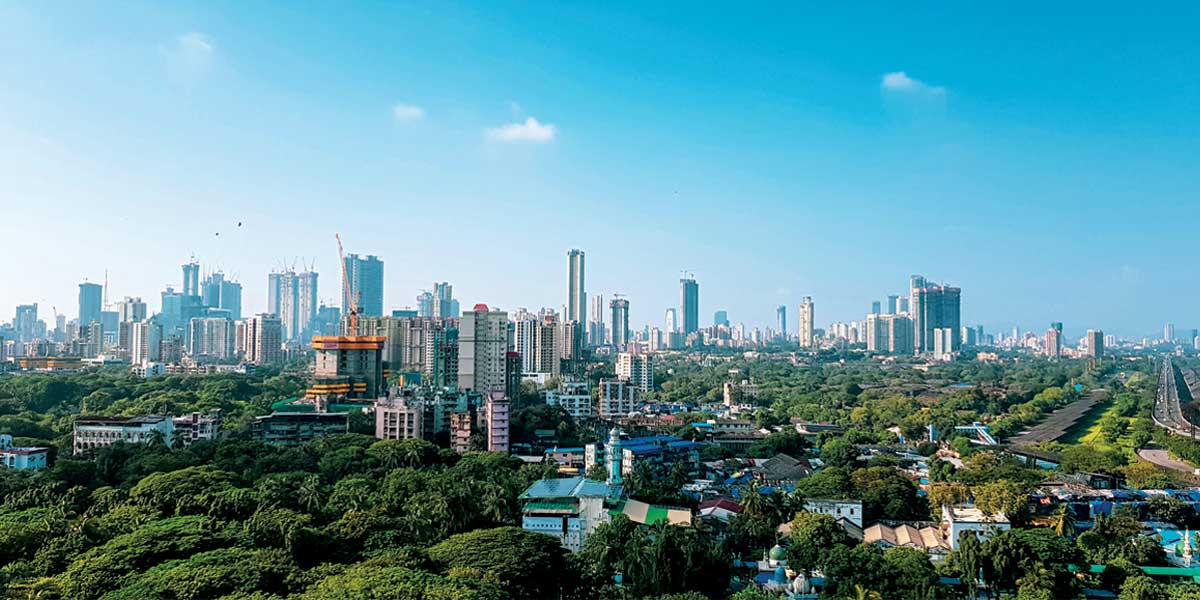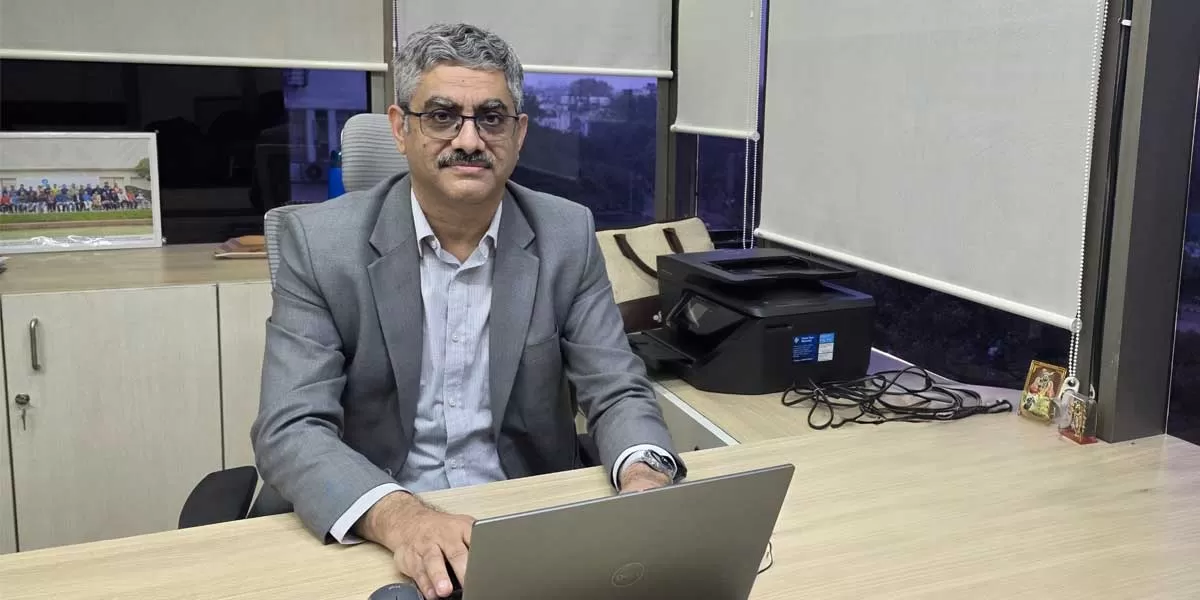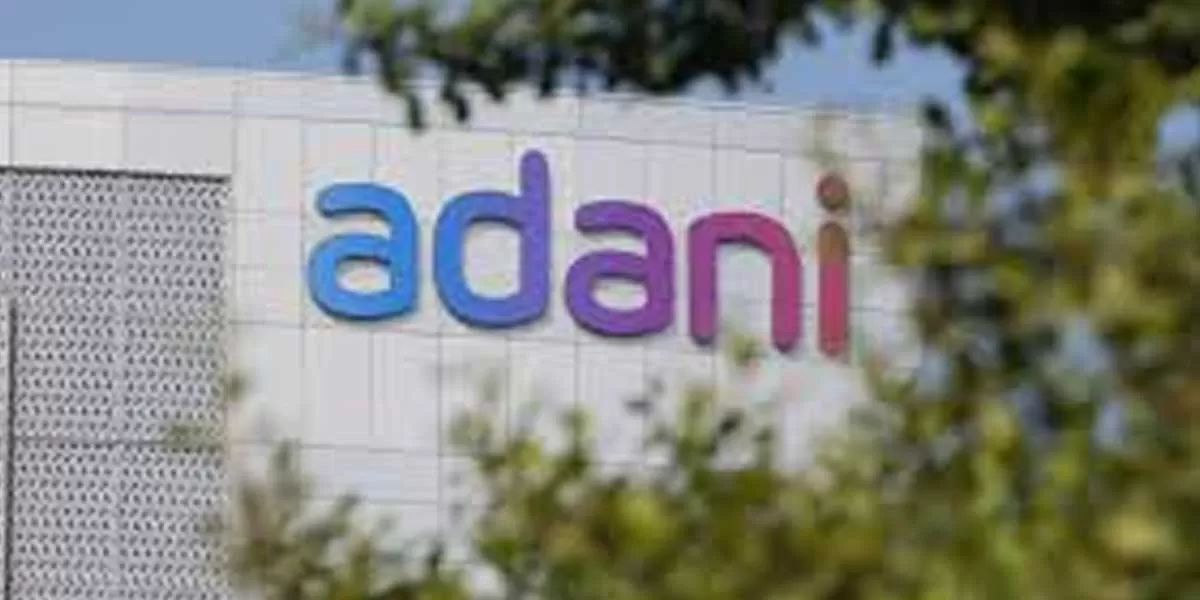
"Reducing Stress with Mind-Body Techniques"
Read full article
CW Gold Benefits
- Weekly Industry Updates
- Industry Feature Stories
- Premium Newsletter Access
- Building Material Prices (weekly) + trends/analysis
- Best Stories from our sister publications - Indian Cement Review, Equipment India, Infrastructure Today
- Sector focused Research Reports
- Sector Wise Updates (infrastructure, cement, equipment & construction) + trend analysis
- Exclusive text & video interviews
- Digital Delivery
- Financial Data for publically listed companies + Analysis
- Preconceptual Projects in the pipeline PAN India

Consistent reforms will foster growth and reduce investor risk
Incorporated in 1986 as a wholly owned subsidiary of State Bank of India, SBI Capital Markets Ltd (SBICAPS) is a SEBI-registered Category I merchant banker and research analyst. It offers the entire bouquet of investment banking and corporate advisory services under one umbrella, covering project advisory and structured financing, capital markets, mergers and acquisitions, private equity, ESG advisory, startup advisory and stressed assets resolution. Headquartered in Mumbai, SBICAPS has seven regional offices of which six are in India (Ahmedabad, Bengaluru, Chennai, Hyderabad, Kolkata and New ..

Adani Group Invests $240M in Global Skills Academy
The Adani Group has announced a partnership with ITE Education Services (ITEES) of Singapore to establish a world-class talent pipeline for industries such as Green Energy, Manufacturing, Hi-tech, Project Excellence, and Industrial Design. The initiative will see an investment of over $240 million by the Adani family to set up internationally benchmarked schools of excellence, named Adani Global Skills Academy. These finishing schools will train students from technical and vocational backgrounds, equipping them with industry-relevant certifications. Graduates will have employment opportunities..

Swiggy to Invest $120M in Scootsy for Expansion
Food and grocery delivery giant Swiggy Ltd announced on Friday that it will invest up to $120 million in its wholly owned subsidiary Scootsy Logistics in one or more tranches. Scootsy specializes in supply chain services and distribution, including warehouse management, in-warehouse processing with value-added services, and order fulfillment for wholesalers and retailers. "We wish to inform that the Board of Directors of the company, at its meeting held on Friday, February 21, 2025, has approved the investment by the company in the equity shares of Scootsy Logistics Private Limited, a wholly..














